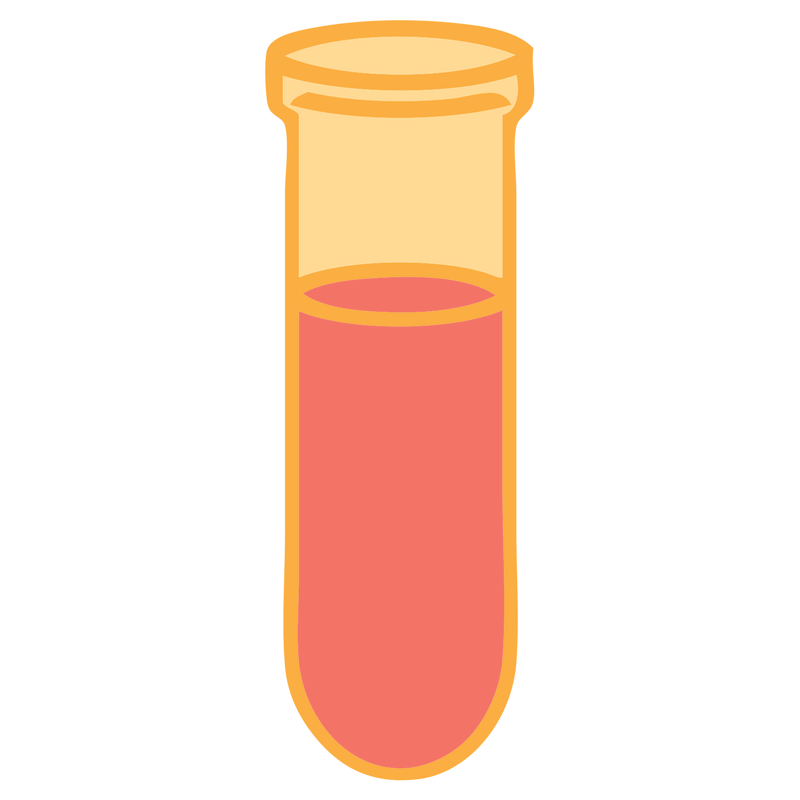Overnight Menopause – What is it, and how does it happen?
At some point, between the ages of 40 and 60, most women will experience perimenopause as they move towards menopause, also known as “the change of life.” This is the collective term for all the changes a woman goes through as she reaches the end of her reproductive period. (1)
Every woman is born with a limited number of eggs in her ovaries. Apart from storing eggs, the ovaries also have the job of regulating levels of estrogen and progesterone which, in turn, controls ovulation and the menstruation cycle.

During menopause, the ovaries stop releasing eggs, and hormone levels drop. If you go through menopause, menstruation stops and you have reached the end of your reproductive period. Going through menopause after the age of 40 is completely normal. During this time, you may experience symptoms like hot flashes, depression, headaches, irritability, and a lower sex drive. Some women, however, are menopausal yet never experience these symptoms.

Overnight menopause is a sudden onset of menopause and can happen before your forties. Depending on age and the reason for the sudden onset, it is referred to as either premature menopause or overnight menopause.
Overnight menopause happens when your ovaries stop producing estrogen and progesterone. They also stop releasing eggs, and menstruation stops. Becoming menopausal overnight can be a shock to many women, not only emotionally, but also physiologically. The symptoms of overnight menopause can also be more severe than natural menopause that occurs between the ages of 40 and 60. During this stage, many symptoms can occur, including vaginal dryness, decreased libido, racing heartbeat, insomnia, and mood swings. Many women may also be traumatized by the fact that their reproductive period has ended. (2)
Some of the most common reasons for overnight menopause

Overnight menopause is typically brought about by various medical treatments. If you have cancer, undergoing chemotherapy and radiation therapy of your pelvis can impact your ovaries, ovulation, and your hormone levels. However, the onset of overnight menopause due to cancer treatment is determined by many factors.
Your age is the most significant determinant of whether cancer treatment will induce menopause or not. It also influences the permanency of overnight menopause. If you are closer to forty, chances are that your overnight menopause may be permanent.
The onset and permanence of menopause due to chemotherapy and radiation are also determined by the length of treatment as well as dosage. In the case of chemotherapy, the type of drug can also play a significant role.
Surgical removal of the ovaries can also cause overnight menopause. There are many reasons for this type of surgery, and the onset of menopause can depend on the nature and type of ovary removal surgery. If you have a gene called BRCA, which can be the root cause of breast and ovarian cancer, you may opt to surgically remove your ovaries. Ovary-related conditions like tumors, cysts, and endometriosis can also be incentives for undergoing ovarian removal surgery.
In some cases, it may only be necessary to remove one ovary. The remaining ovary can then still continue to regulate hormone levels and release eggs, making it possible to continue with the reproductive period. If you are younger, and still want to conceive naturally, and if it is possible, your healthcare provider may consider ways to treat an ovary-related condition, leaving removal surgery only as a last resort. Otherwise, there may still be other options available to you to maintain your fertility.
Some solutions to turn to
Book an appointment with your healthcare provider to see if there are any remedial options available to you, depending on how you are affected by menopause. Whether you are looking for solutions regarding fertility, or relief from menopausal symptoms in general, there are steps that you can take to minimize the effect of perimenopause and menopause on your lifestyle.

Maintaining a healthy lifestyle is of the utmost importance, and can resolve many of the symptoms of menopause, including depression, insomnia, weight gain, and mood swings. If you stay away from carbohydrates and sugar, you may feel your energy levels rising and you minimize the risk for and complications of type 2 diabetes. If you are a smoker, try to quit or switch to a nicotine delivery system that poses a lower risk to your health. Daily exercise and relaxation methods can also help you with anxiety.
Hormone replacement therapy can also help to manage symptoms of menopause like hot flushes or lower sex drive.
A reduced sex drive or pain during intimacy due to overnight menopause can also be treated effectively with Kegel exercises to strengthen your pelvic floor muscles, using water-based lubricants to combat dryness and friction, or vaginal estrogen.
As someone that is going through overnight menopause, you may feel like there is no light at the end of the tunnel. It is important to remember, however, that these symptoms don’t last forever. If you regularly consult with your doctor and maintain a healthy lifestyle, you may soon find yourself living a healthy, happy life again.
REFERENCES
- Melissa Conrad Stöppler, M. (n.d.). medicinenet.com. Retrieved from https://www.medicinenet.com/menopause/article.htm#menopause_definition_and_facts
- Ed Zimney, M. (n.d.). Everydayhealth.com. Retrieved from https://www.everydayhealth.com/menopause/webcasts/sudden-menopause-and-the-struggle-to-adjust.aspx



